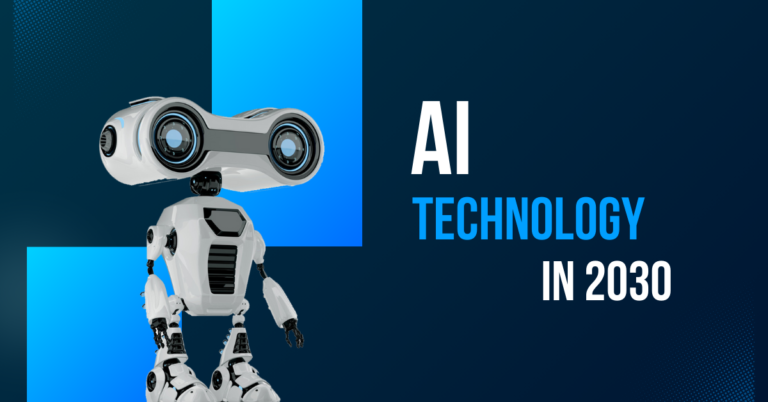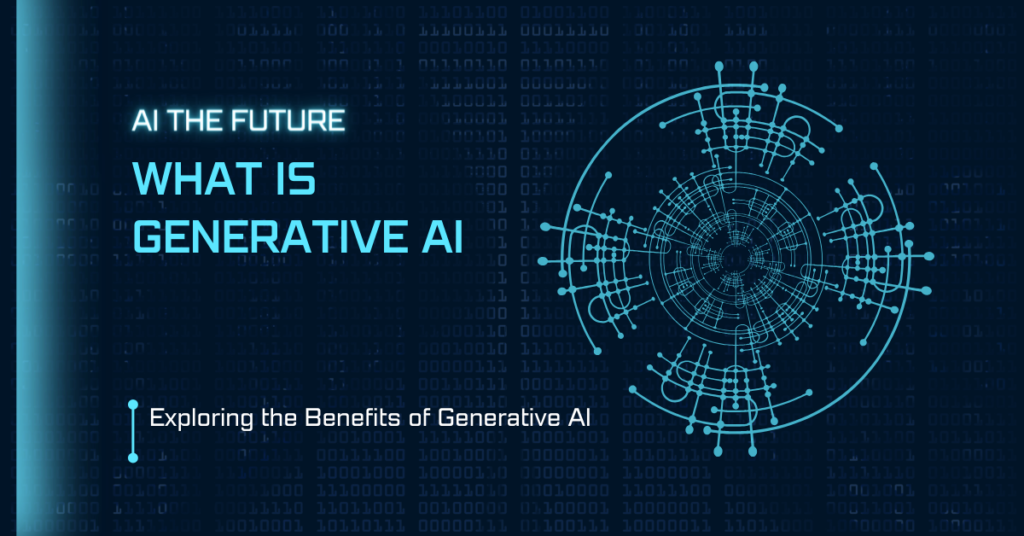Introduction
AI is growing much faster
Making predictions for the next 5 years ahead is difficult enough.
If one thing is certain in technology, it is that no one can predict the future
But putting a stake in the ground about how things will unfold is nonetheless an informative and fun thought experiment.
There are following bold predictions about the world of artificial intelligence in 2030. Whether you agree or disagree with these following predictions, we hope they get you thinking.
Industries transformed
AI will likely revolutionize industries like healthcare, finance, transportation, customer service, and all other sectors of life. We can expect AI-powered diagnostics, personalized financial advice, autonomous vehicles, and highly efficient supply chains.
Healthcare:
Already AI and Machine Learning are playing vital roles in the healthcare sector such as detecting tumors, and predicting illness changes in patients as well robots in healthcare are helping nurses to bring medicines for patients during the COVID period. So, healthcare is a long-viewed promising domain and according to research, nearly 86% of the mistakes in the healthcare industry can be prevented by opting for AI-based systems. The future of AI-based healthcare systems could improve health-related outcomes and quality of life in the coming years for millions of people. There is a great future of AI applications with vast job roles but to achieve that advancement in medical science, all these will take a long time. Below are some impacts of AI on the healthcare sector
by 2030
• The healthcare industry will achieve smart
patient monitoring systems, surgery
assisting healthcare robots, mobile-driven
robotic consultants and intelligent system
to reveal patterns in disease and their aid
treatment by accessing multiple sources of
data.
• By 2030, AI systems will be able to predict
the risk of certain diseases of an individual
and accordingly suggest preventive
measures.
• Not only related to medications AI will
be able to maintain the management of
patient and doctor meeting time and
reducing the waiting time of patients
and would improve the efficiency of health
systems.
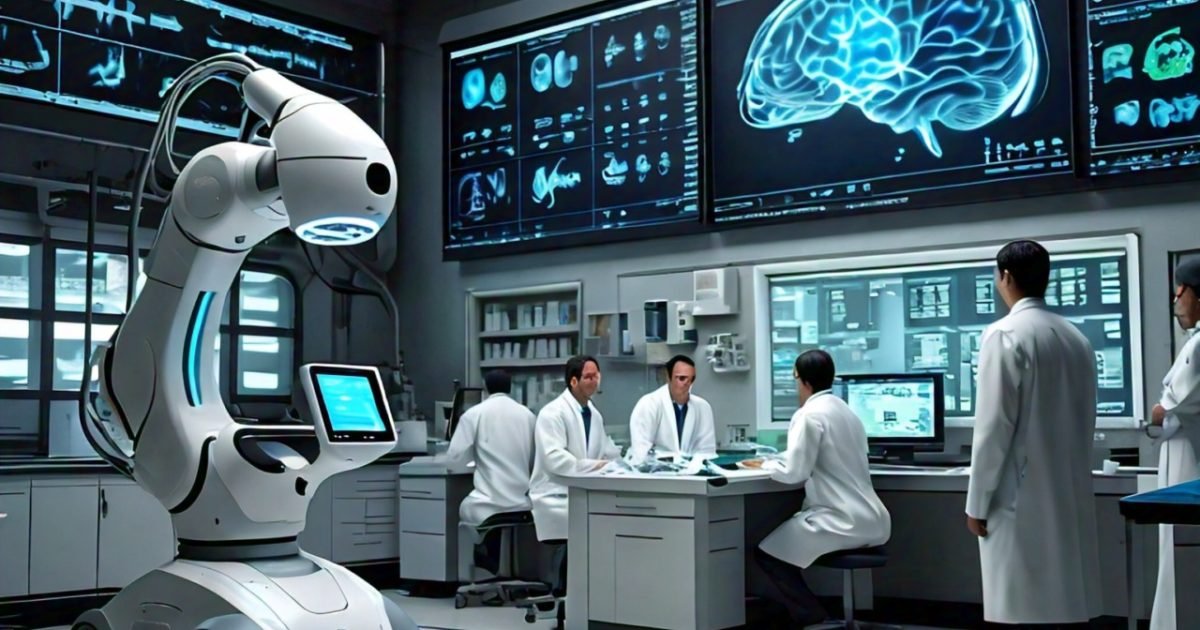
Finance:
- Fraud Detection: AI algorithms analyze vast amounts of financial data in real time to identify fraudulent transactions and patterns, protecting consumers and businesses.
- Algorithmic Trading: AI-powered systems execute trades at high speeds and volumes, often based on complex mathematical models, impacting market dynamics.
- Customer Service: AI-powered chatbots and virtual assistants handle customer inquiries, provide personalized financial advice, and streamline operations.
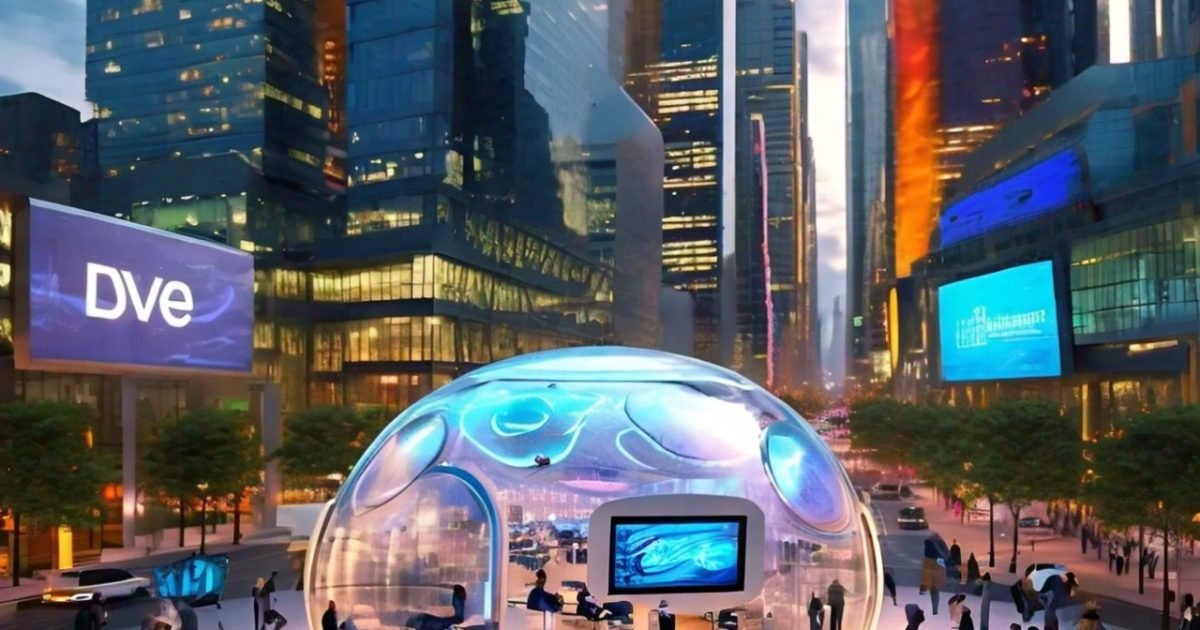
Transportation:
Transportation is the most important domain in which the general public will ask to trust the safety and reliability of an AI system during critical cases. As driverless cars are already in the market then there is no doubt that Amazon, eBay, and other companies will start their delivery with these AI robots autonomous transportation will be commonplace soon and the first interaction with humans with these AI systems will be going to influence the public’s perception towards the intelligent machines strongly. The transportation industry based on Artificial Intelligence is projected to grow during the forecast period at a CAGR of 32.20%. The expected market size from USD 160 Billion in 2024 is expected to grow to USD 1958 Billion by 2032.
In the future AI in the transportation industry will impact on
• Autonomous Vehicles: Self-driving cars
and taxis have already started operating in
all over the world so, autonomous trucks are also
going to come in 2022 and capture the market by 2030.
• Delay Predictions: With the help of
computer vision and leveraging data lake
technique, self-driving cars became more intelligent than humans and the ratio of accidents also decreased
enhancing their journey experience.
• Traffic Management: AI will not only
help in reducing the congestion of unwanted
traffic but also improve in reducing wait times and road safety system

Education:
Technology is been a boon for education within the last century. The advancement of technology will lead to facilitating education policies. AI-based robots would be a popular education factor although education always needs active student and teacher participation. Smart classes and applications based on intelligent
systems will forward the education policies towards digitization.AI facilitates in automating complex administrative tasks related to both academic institutions and professors.AI in
education will help:-
• As in present the value of time is more and teacher is wasting most of their time by evaluating test sheets, assignments, and grading homework, and giving feedback and responses to the students but in the next ten years, AI-based applications will
replace this traditional system and would
help in evaluating the tests and giving the
unbiased reactions to the students with the cost-effectiveness
• For making interaction between students and teachers, AI-opted institutes will have more opportunities to make learning virtual and fun.
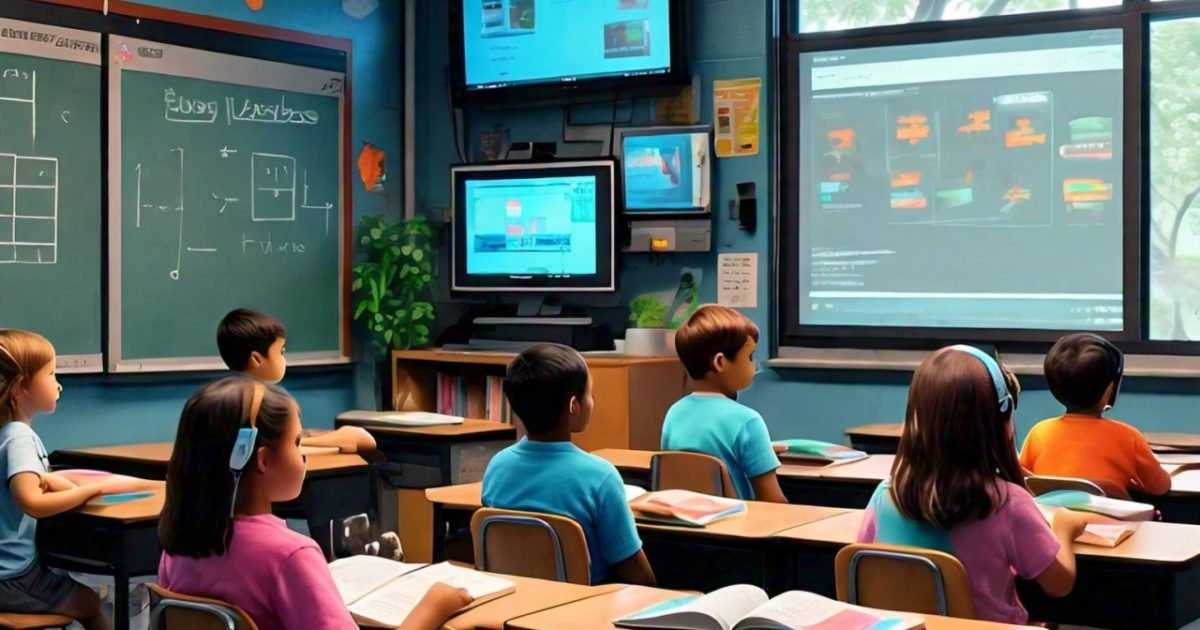
Public Security and Safety:
By 2030, AI is expected to have a profound impact on the public sector, revolutionizing the way governments deliver services, make decisions, and interact with citizens. Here’s a glimpse into what the future may hold
- Personalized Services: AI will enable governments to offer highly personalized services tailored to individual needs. Chatbots and virtual assistants will provide instant support and information to citizens, while AI-powered systems will analyze data to anticipate citizen needs and proactively offer solutions.
- Streamlined Processes: AI will automate repetitive and mundane tasks, with generative ai freeing up public servants to focus on complex and creative work. This will lead to faster and more efficient processes for everything from permit applications to benefit claims.
- Data-Driven Decision-Making: Governments will increasingly rely on AI to analyze vast amounts of data to identify patterns and trends, inform policy decisions, and predict future needs.
- Predictive Policing: AI algorithms will analyze crime data to identify high-risk areas and predict potential criminal activity, enabling law enforcement to allocate resources more effectively and prevent crimes before they happen.
- Enhanced Surveillance: AI-powered surveillance systems will become more sophisticated, capable of analyzing video footage in real-time to detect suspicious behavior and identify potential threats.
- Cybersecurity: AI will play a crucial role in protecting critical infrastructure and sensitive data from cyberattacks, constantly monitoring networks for anomalies and responding to threats in real time.


